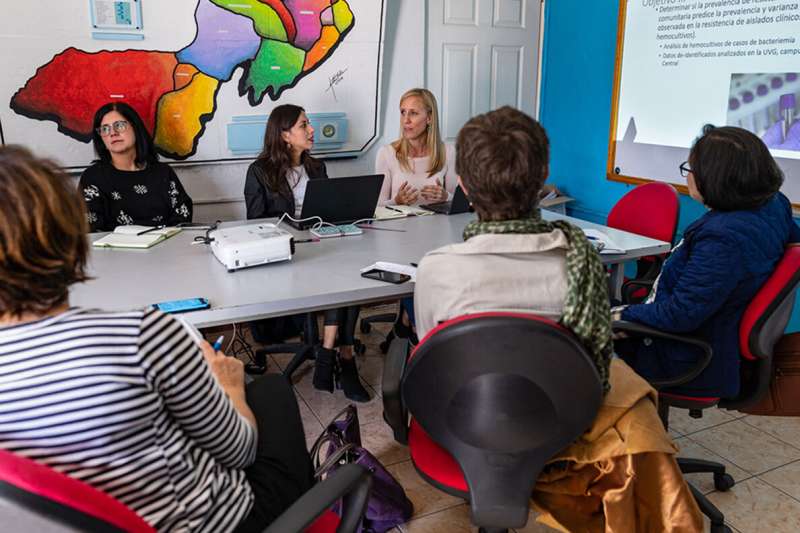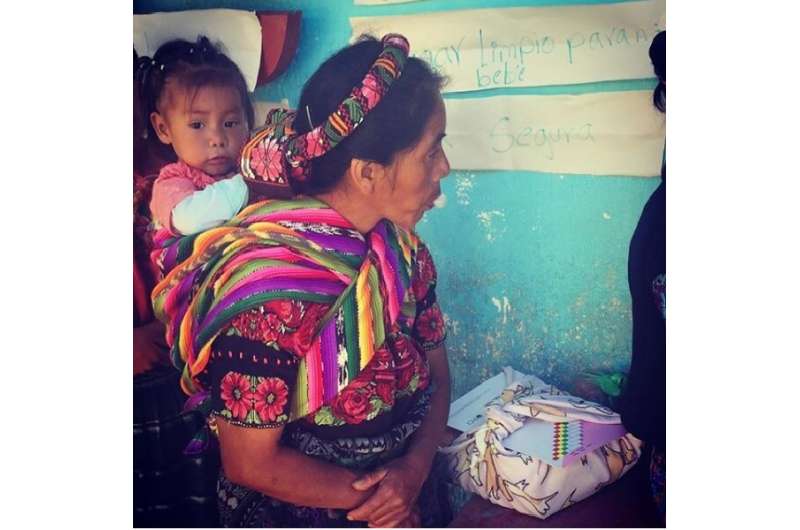Poor hygiene is significant risk for antimicrobial-resistant bacteria colonization

Scientists have found clear indicators for how the interaction of poor hygiene and antibiotic use contribute to the colonization of antimicrobial-resistant (AMR) bacteria in humans, a problem that contributes to hundreds of thousands of deaths annually.
The findings by researchers at Washington State University's Paul G. Allen School for Global Animal Health (Allen School) and Universidad del Vale de Guatemala (UVG) were published Thursday in the journal Scientific Reports.
"Coupled with antibiotic stewardship, these new findings support the critical need to improve sanitation and hygiene as an intervention to slow the spread of antimicrobial-resistant bacteria," said co-author Dr. Mark Caudell, AMR coordinator, Food and Agriculture Organization of the United Nations. "Poor sanitation has a primary effect on antimicrobial resistance so investing in better infrastructure will help reduce the incidence of AMR infections."
This collaborative effort lead by WSU and UVG in Guatemala, is part of a larger research program to understand how prevailing patterns of antibiotic use and regulations, access to human and animal healthcare services, and sanitation impact AMR patterns in high- and low-income countries.
Surveying households in rural and urban Guatemalan communities, they examined how the distribution of antimicrobial-resistant Escherichia coli was related to population density, access to antibiotic therapies, sanitation and hygiene indicators such as access to clean water and prevalence of open defecation, and food preparation and milk consumption practices.

Results confirmed that AMR was associated with increasing frequency of antibiotic use, poor household hygiene levels, milk consumption, and diarrhea episodes.
"Improved antibiotic stewardship, including control of unregulated access to antibiotics is critical to reducing the prevalence of antimicrobial-resistant bacteria, but stewardship alone will not successfully impact the prevalence of resistance when hygiene is compromised," stated Dr. Brooke Ramay, co-lead researcher and professor with Allen School and UVG.
More information: Brooke M. Ramay et al, Antibiotic use and hygiene interact to influence the distribution of antimicrobial-resistant bacteria in low-income communities in Guatemala, Scientific Reports (2020). DOI: 10.1038/s41598-020-70741-4





















